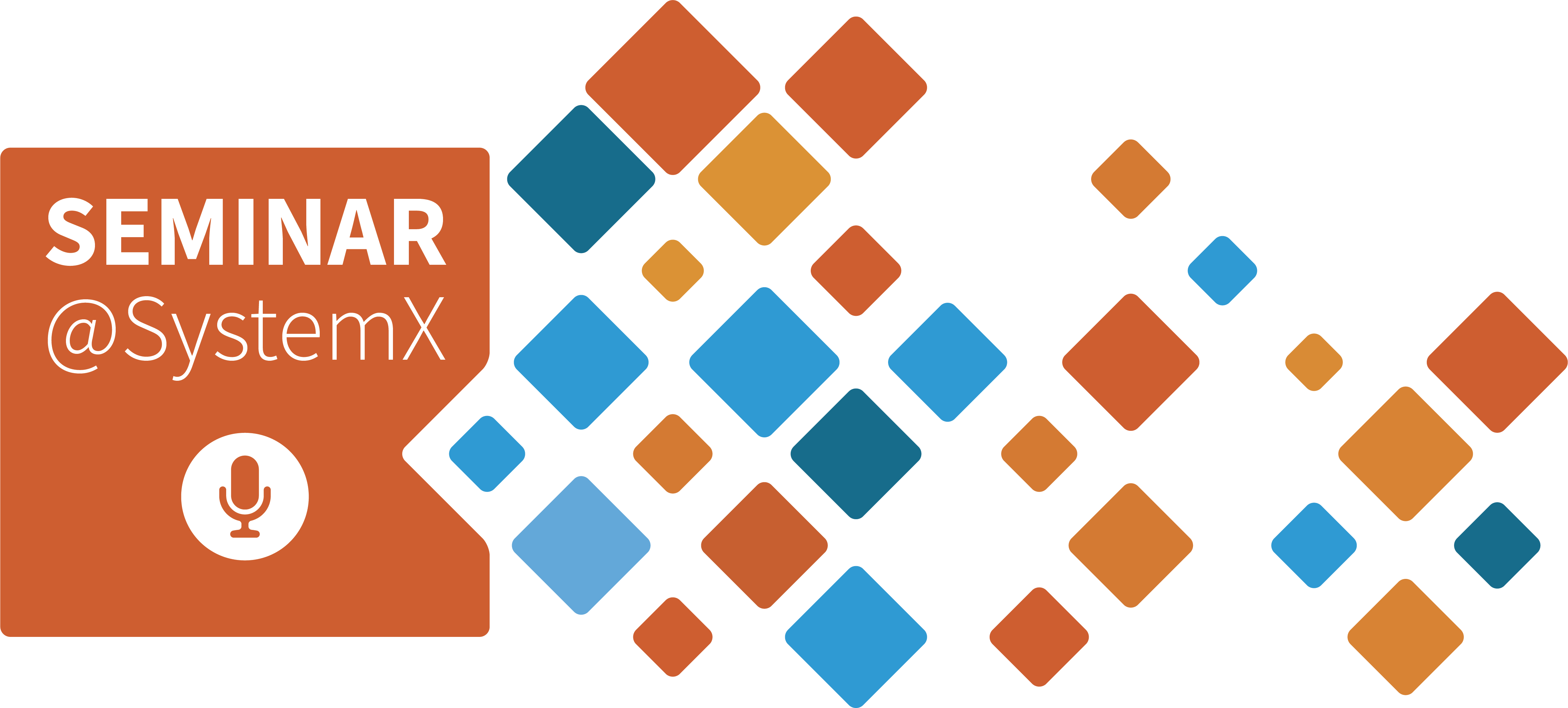Christophe Biernacki (professor, Université de Lille, Inria) ran Seminar@SystemX on the following topic “Frugal Gaussian clustering of huge imbalanced datasets”, on December 15, 2022 from 2:00 pm to 3:30 pm .
Resume :
Clustering conceptually reveals all its interest when the dataset size considerably increases since there is the opportunity to discover tiny but possibly high value clusters which were out of reach with more modest sample sizes. However, clustering is practically faced to computer limits with such high data volume, since possibly requiring extremely high memory and computation resources. In addition, the classical subsampling strategy, often adopted to overcome these limitations, is expected to heavily failed for discovering clusters in the highly imbalanced cluster case. Our proposal first consists in drastically compressing the data volume by just preserving its bin-marginal values, thus discarding the bin-cross ones. Despite this extreme information loss, we then prove identifiability property for the diagonal mixture model and also introduce a specific EM-like algorithm associated to a composite likelihood approach. This latter is extremely more frugal than a regular but unfeasible EM algorithm expected to be used on our bin-marginal data, while preserving all consistency properties. Finally, numerical experiments highlight that this proposed method outperforms subsampling both in controlled simulations and in various real applications where imbalanced clusters may typically appear, such as image segmentation, hazardous asteroids recognition and fraud detection.
Biography :
Christophe Biernacki is a Professor of Statistics at the University of Lille / Laboratory of mathematics Paul Painlevé, UMR CNRS 8524 (France) and is also a Senior Researcher at INRIA. He was formerly the scientific leader of the Modal (MOdels for Data Analysis and Learning https://team.inria.fr/modal/ ) research team he created in 2011 at INRIA Lille Nord-Europe. He is currently Deputy Scientific Director of INRIA in charge of the domain of Applied Mathematics, Computation and Simulation. His research interests include statistical learning, model-based clustering and classification, mixture modeling, EM algorithms and model selection. Some of his seminal contributions include the so popular ICL (Integrated Completed Likelihood) criterion for choosing the number of clusters in a mixture model and the MIXMOD (MIXture MODelling) software for fiting mixture models and that is publicly available for different platforms (Linux, Unix, Windows) https://github.com/mixmod/mixmod


![[Save the Date] Workshop Cockpit Studio Lab](https://www.irt-systemx.fr/wp-content/uploads/2024/07/STD-CSL-VDEF.png)

